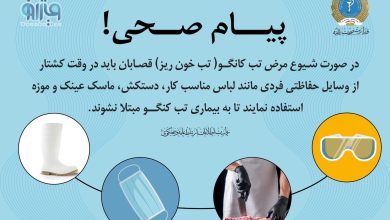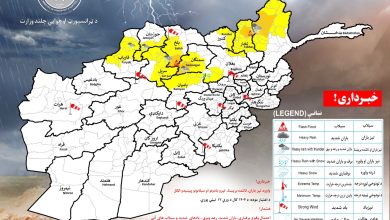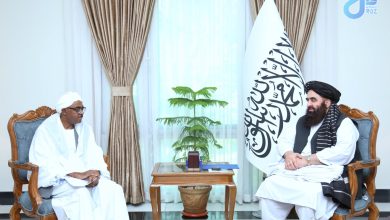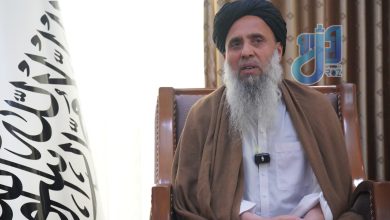Afghanistan’s Strong Response to Expulsion of Afghans from Pakistan: Islamabad’s Inhuman Behavior Violates Neighborly Rights
Kabul–The Afghan government, in a special meeting chaired by Prime Minister Mullah Mohammad Hassan Akhund of the Islamic Emirate, condemned Pakistan's recent actions regarding the forced expulsion of Afghan migrants. In this meeting, attended by the economic and administrative deputies of the prime minister, the minister for refugees, and other senior officials, Islamabad's treatment of Afghans was described as "contrary to Islamic principles, international laws, and neighborly rights."
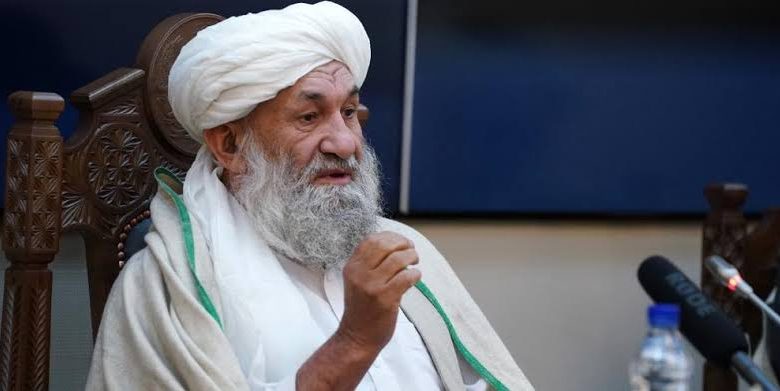
Weezharoz-The Afghan government stated that the collective expulsion of Afghans from Pakistan using force and violence is not only a violation of international conventions but also contradicts the “shared religious and historical values” between the two countries.
The Afghan government called on political parties, religious scholars, and influential figures in Pakistan to fulfill their “Islamic and humanitarian responsibilities” to stop this process.
The meeting emphasized that the relationship between the people of Afghanistan and Pakistan has been based on religious and cultural coexistence for decades, and the continuation of these relations is vital for regional stability.
The Islamic Emirate warned that the expulsion of migrants could lead to bilateral tensions and harm the national interests of both countries.
The Islamic Emirate urged the United Nations and international organizations to take immediate action to prevent a “humanitarian disaster” and facilitate the dignified return of the migrants.
The High Commission for Refugees was tasked with utilizing all available resources to provide temporary housing, health services, and necessary support for the returnees.
This meeting comes amid reports of increasing pressure on Afghan migrants in Pakistan. According to unofficial statistics, over 50,000 Afghans have been forcibly returned in the past month, with many facing a lack of basic facilities at the borders.
The United Nations had previously warned about the “emergency situation” of Afghan migrants.
Filippo Grandi, the UN High Commissioner for Refugees, called for an immediate halt to the expulsions and the implementation of voluntary repatriation solutions.
This is not the first time the Islamic Emirate has criticized Pakistan’s treatment of migrants, but the recent tensions show that the security and border issues between the two countries have now turned into a humanitarian crisis.
Weezharoz
